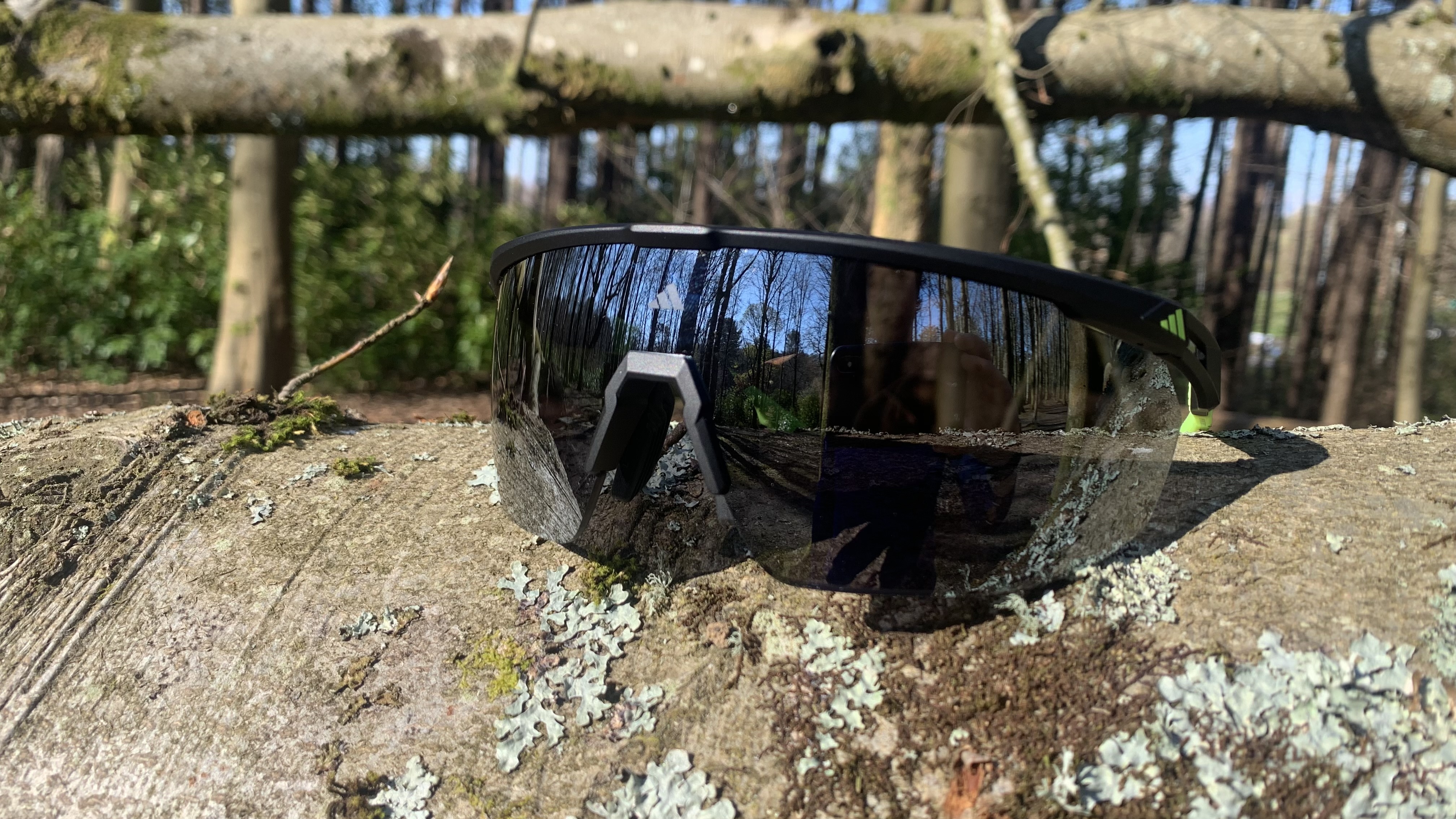Berghaus launch new 'responsible warmth' jacket – we check out its green credentials
The Cuillin Insulated Hoody is designed for a range of outdoor pursuits, but do its eco claims stand up?
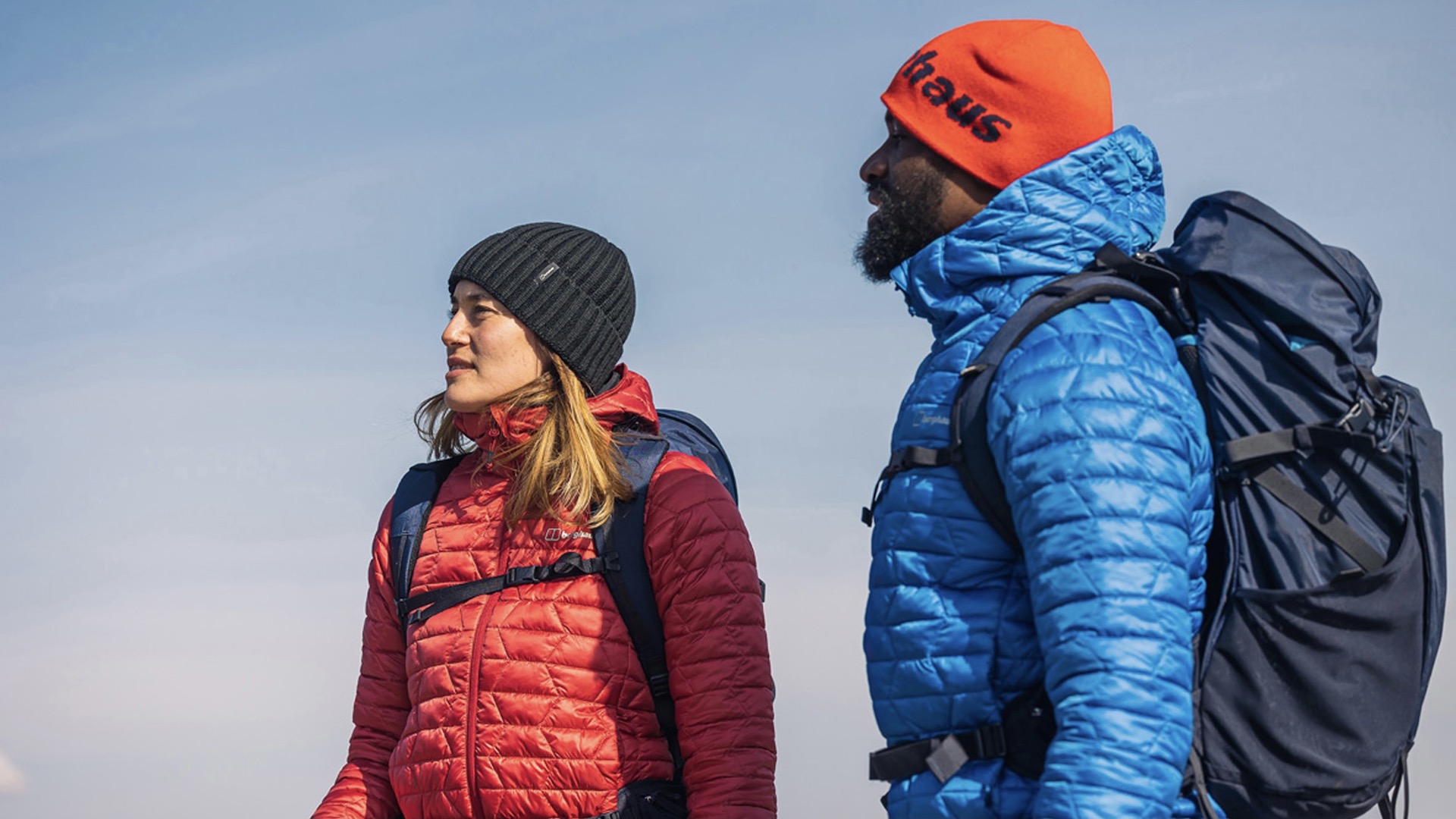
Berghaus has launched an insulated jacket for winter that it claims offers “responsible winter warmth”.
The outdoor apparel and footwear company has its eye on the environment with the new Cuillin Insulated Hoody.
The jacket, which can be used for a range of outdoor activities, from hiking to kayaking, features bluesign approved materials, including the brand’s own recycled Hydroloft Heatball and recycled Pertex Quantum.
Available in male and female-specific versions, the Berghaus Cuillin Insulated Hoody delivers warmth through synthetic Hydroloft Heatball Eco+. The loose balls are made with 100% recycled polyester, which is collected as post-consumer waste.
The insulation has a CLO value of 2.4 to 2.6 based on 150gsm. CLO is a value that describes the degree of insulation provided by an article of clothing, with 1 being equal to the amount of clothing required by a resting human to maintain thermal comfort at a room temperature of 21°C.
A CLO of between 2.3 and 2.5 equates to the comfort level of insulation provided by a lightweight down jacket while in active use on the mountain.
In addition, the main Pertex Quantum face fabric of the Berghaus Cuillin jacket is also 100% recycled polyester, with a quilted baffle construction in 20D woven ripstop.
Advnture Newsletter
All the latest inspiration, tips and guides to help you plan your next Advnture!
The jacket has a PFC-free Durable Water Repellent (DWR) treatment for extra weather resistance. The jacket’s polyamide lining also has a PFC-free DWR.
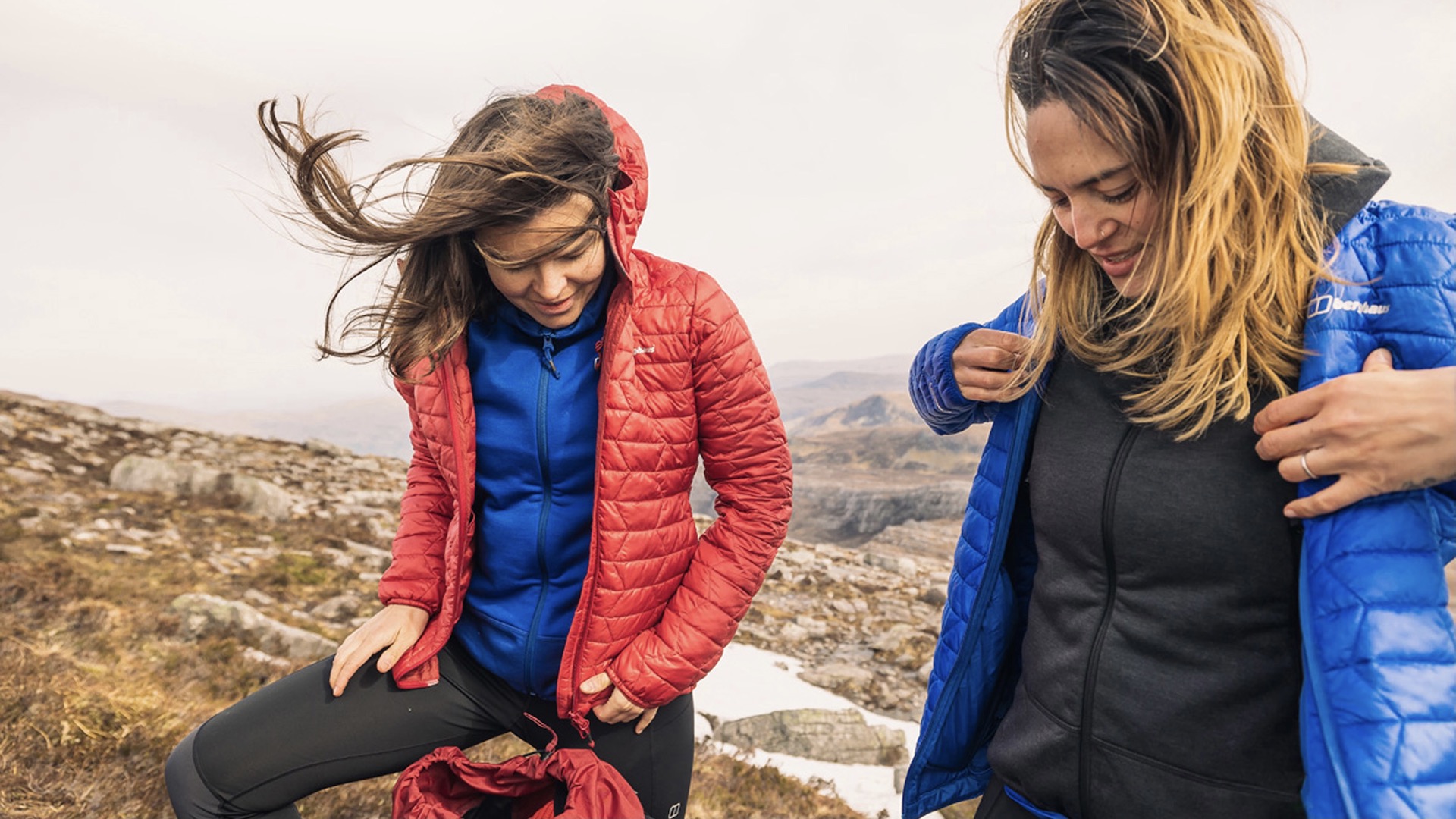
But can we trust the eco-credentials?
These days, with so many brands keen to tick numerous boxes on eco and climate safe credentials, it’s important to delve deeper than reading – and believing – the hype.
If you know anything about greenwashing, you will know it is important to consider a variety of factors when buying clothing. We took a look at the best eco-friendly outdoor brands but things are always changing, so we quizzed Berghaus to tell us more about their sustainable criteria and practices.
According to alternative consumer watchdog, Ethical Consumer, there are some issues to consider when buying clothing;
- What is the policy on workers’ rights?
- Do they use sustainable products?
- Is the item made using recycled products?
- Does it contain PFCs? These chemicals are damaging for the environment.
- Is it down-filled certified? Down filling for insulated jackets can be produced from the live-plucking of ducks and geese, so is a major issue in terms of animal welfare. Look for recycled down or down certified as free from this cruelty – check out our guide to ethical down for jackets and sleeping bags.
- Do you need to buy a new piece of kit? Opt for second-hand or make sure you care for and repair your existing gear to extend its life.
In February 2022, an Ethical Consumer report on outdoor brands found that across the whole company Berghaus was givine a rating of "middle", below "best" and above "worst” for PFC use. Middle is given because there is a company target to phase out any use of PFCs.
Note, however, that the Cuillin jacket has a PFC-free DWR.
The watchdog also noted that all Berghaus products are supported by the brand’s free repair service, Repairhaus. This means that the brand encourages repair if possible to give clothes and other items a longer life.
Outdoor clothing companies were also rated for their policies on toxic chemicals. Companies taking some steps in the right direction – that is, sourcing a significant proportion of sustainable fabrics or publishing restricted substances lists – received a middle rating.
Berghaus joins many other brand sin this category, including Páramo, Mountain Warehouse, Decathlon (Quechua, Simond, Forclaz), Jack Wolfskin, Bollin Group (Sprayway, Mountain Equipment), VF Corp (The North Face), Eoth (Lowe Alpine, Rab), Columbia (Mountain Hardwear, prAna, Sorel), Fenix (Fjällräven), Alpkit, Vaude, Rohan and Patagonia.
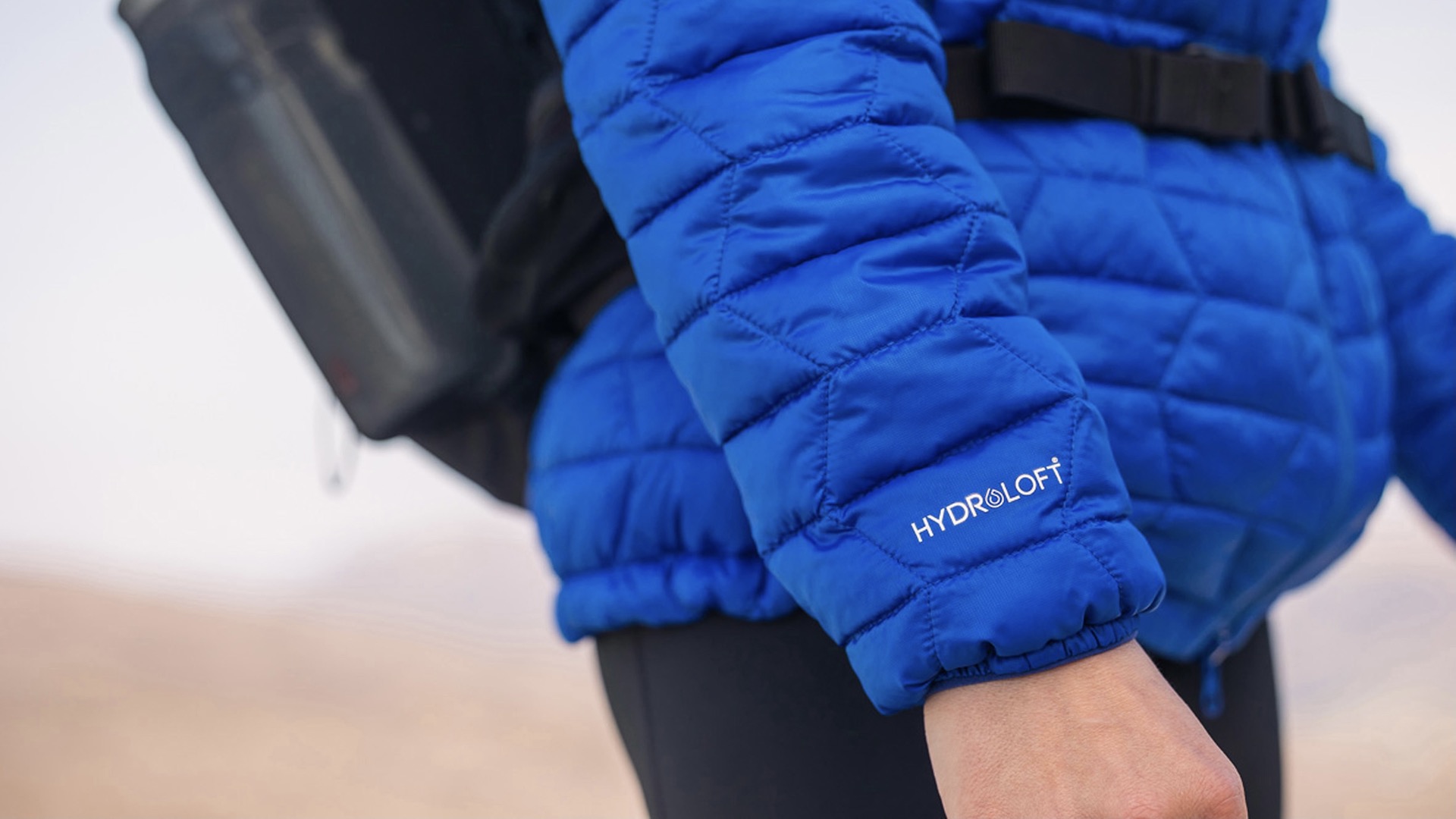
What does Berghaus say about sustainability?
We approached Berghaus, which was very happy to supply the extra information we requested. These details were supplied through a Positive Business Report hosted on the website of the Pentland Group, which owns the brand.
For example, the company uses the Higg Index to inform their decisions about the use of materials.
Pentland also has specific policies relating to issues such as restricted substances, ethical materials use, child labour and young workers, migrant workers and its tier 1 and 2 suppliers. These are all in the public domain at: Pentland Brands / Standards, policies and resources.
Pentland – and therefore Berghaus – has been a member of organisations such as the Ethical Trading Initiative since 1998; the Sustainable Apparel Coalition since 2011; Action, Collaboration, Transformation since 2016; and The Microfibre Consortium, as a signatory of The Microfibre 2030 Commitment, which was launched last year.
There’s a summary of Pentland’s approach to all of this at Pentland Brands / Positive Business.
As the company openly states: “We’re a constant work-in-progress. Although we know there’s much more work to be done, we’re committed to helping to create a world that’s better, fairer and greener.”
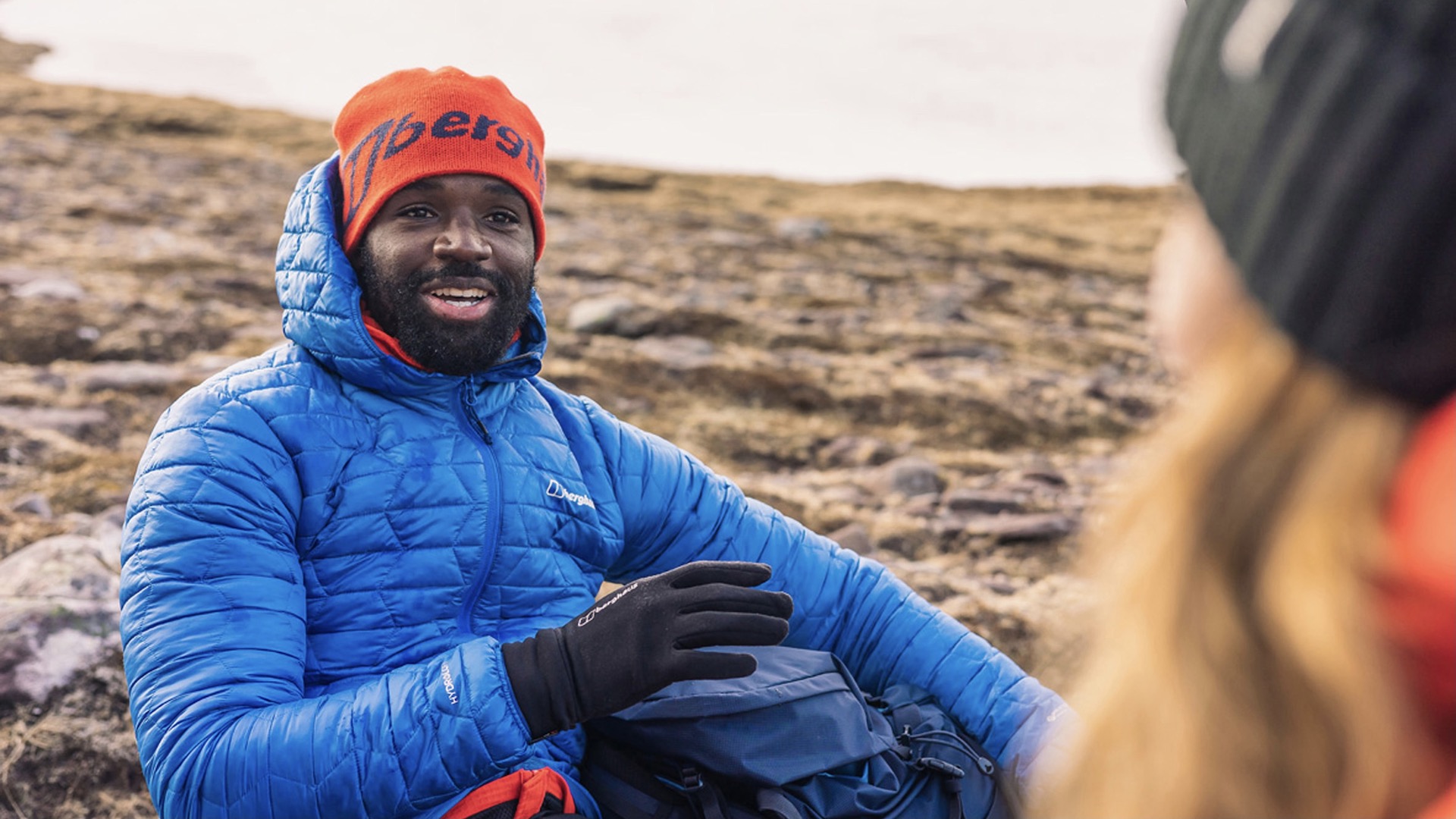
Features of the Berghaus Cuillin hoody jacket
As well as the eco-credentials, the Cuillin Insulated Hoody has an insulated three-quarter bound hood for a snug fit and a dropped rear hem with adjustment through the pockets.
The cuffs have a next-to-skin binding to eliminate draughts and improve comfort.
There is a two-way front zip and two concealed zipped hand pockets, plus an internal security pocket.
The internal pocket doubles as a stuff sac for when the jacket is not in use.
The men’s Berghaus Cuillin Insulated Hoody weighs 409g for a size large and the women’s weighs 375g (size 12).
The jacket comes in four colours and in sizes, male: XS-XXXL and female UK8-20.
It is priced at £190 at Berghaus and from selected specialist outdoor retailers.
Conclusion: Berghaus 'responsible winter warmth' jacket
The bottom line is that unless you need a new jacket, the most sustainable action is to make what you have last longer by repairing it, or buy second hand.
If you do want to buy a winter warmer jacket with eco-credentials, it would appear the Berghaus Cuillin Hoody can be considered a step in the right direction of sustainability.
Berghaus is transparent about what it does do to protect the environment and its ethical approaches. The brand is also happy to admit that there is more they can do – and they have hopes and aims of being more sustainable.
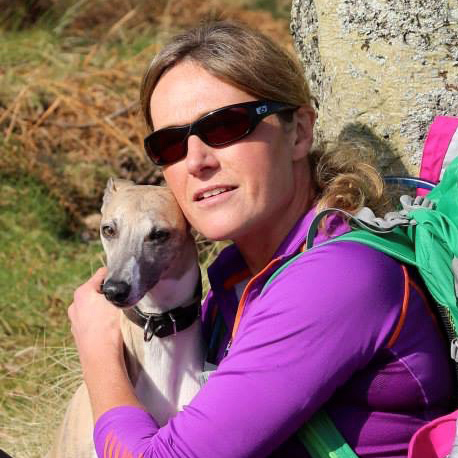
Fiona Russell is a widely published adventure journalist and blogger, better known as Fiona Outdoors. She is based in Scotland and is an all-round outdoors enthusiast with favorite activities including trail running, mountain walking, mountain biking, road cycling, triathlon and skiing (both downhill and backcountry). Aside from her own adventures, Fiona's biggest aim is to inspire others to enjoy getting outside and exploring, especially through her writing. She is also rarely seen without a running skort! Find out more at Fiona Outdoors.
